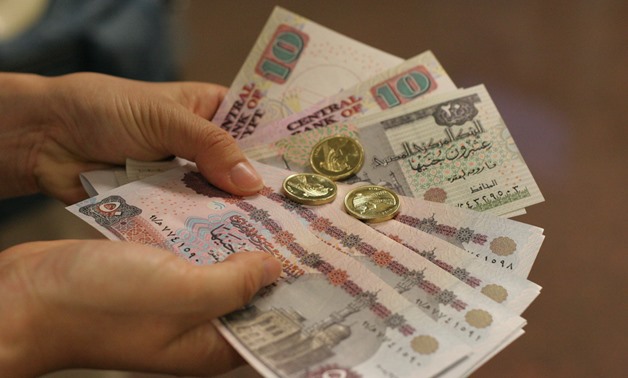
Egyptian currency archive
CAIRO – 17 May 2017: While Egypt’s business climate is seen improving, with the New Investment Law giving a sliver of hope, yet challenges persist and the economy is in dire need of greater efforts to pick up, London-based Capital Economics said in a Tuesday report.
In a bid to lure fresh investments and improve the business environment, the Parliament approved earlier this month the highly anticipated new investment law, which offers unprecedented guarantees and incentives to investors.
The act also simplifies the establishment procedures of projects and firms, and ensures strict deadlines to complete them. Moreover, it accelerates arbitration of business disputes to ensure the stabilization of investment policies.
“Egypt’s new investment law is a positive step towards improving the dire business environment. But greater efforts, particularly in raising domestic savings, are needed,” the report read.
However, Capital Economics said the New Investment Law is not expected to go far enough, as the establishment of “certification offices” is seen as merely masking the bloated bureaucracy.
In the latest World Bank Doing Business survey, Egypt ranked 122 out of 190. The poor business environment is one factor behind Egypt’s extremely low investment rate of just 15 percent of GDP, while it should edge up to 25 percent of GDP to support growth and create new jobs, Capital Economics said.
“Egypt’s investment rate is constrained by the country’s extremely low domestic savings rate, of around 10 percent of GDP, which limits the pool of resources available for investment,” it added.
The report cited the low savings rate to the government, which runs a large budget deficit, 12.5 percent of GDP in the last fiscal year.
Egypt’s domestic savings rate would be 22-23 percent of GDP. This shortfall is likely to be reined in (and domestic savings raised) without reducing public investment, which stands at 2.5 percent of GDP.
In an attempt to bolster its limping economy, Cairo floated its pound, introduced a value-added tax and slashed fuel subsidies in November, as part of a comprehensive reform program, endorsed by the International Monetary Fund (IMF) which approved a $12 billion extended facility loan agreement.
The government has embarked on fiscal consolidation, but progress is anticipated to be “slow-going”, the report concluded.

Comments
Leave a Comment